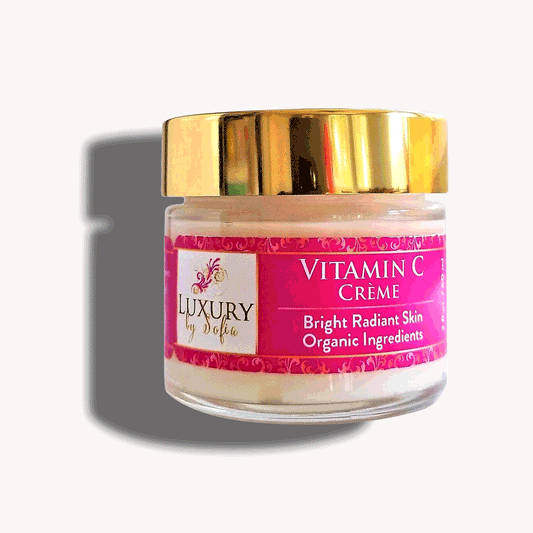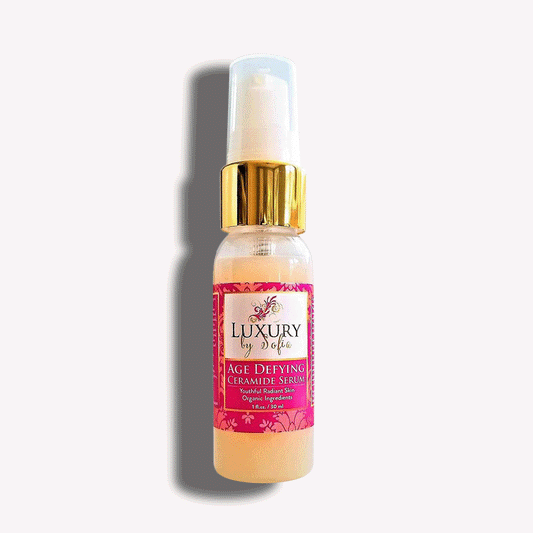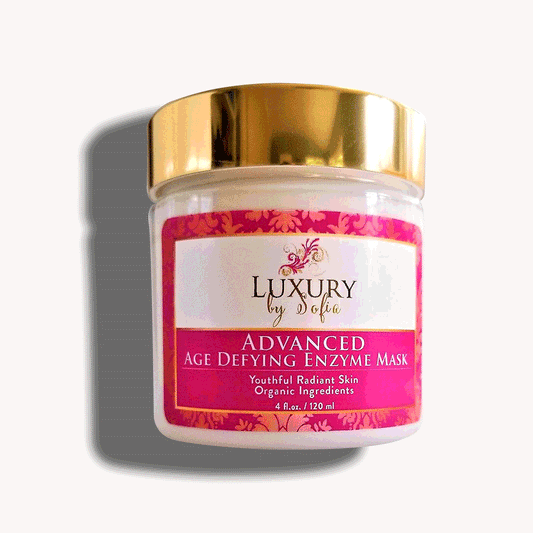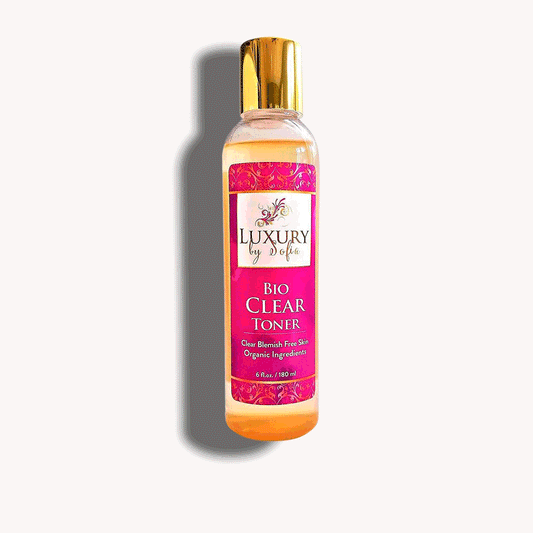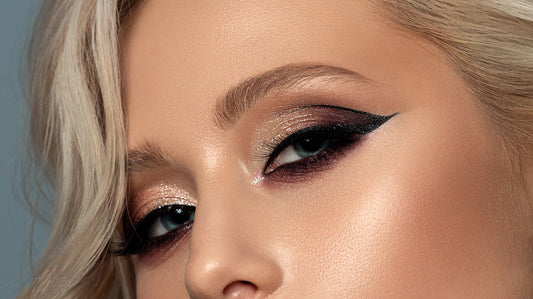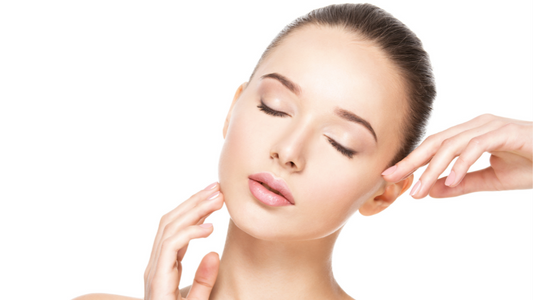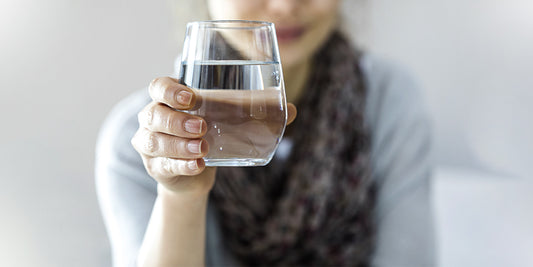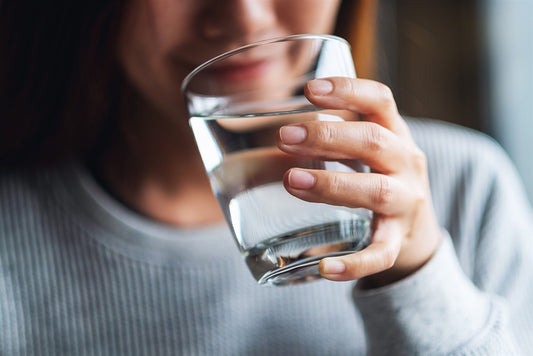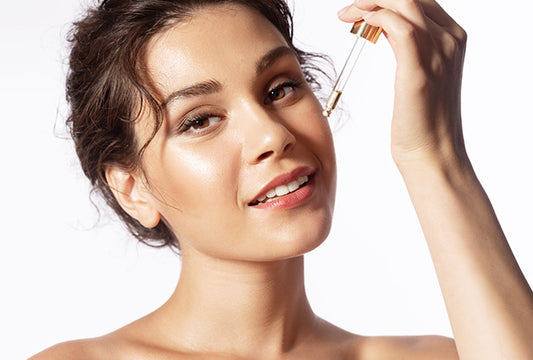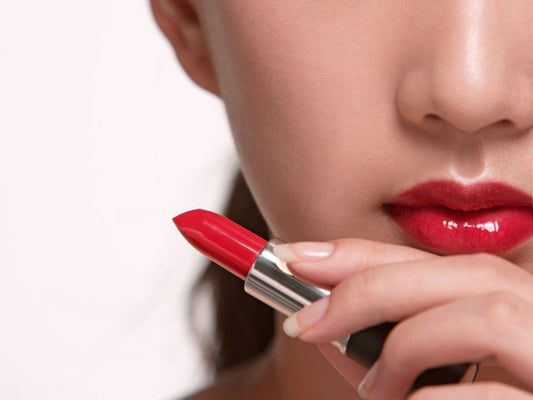If you've got oily skin, you're probably well versed in the basics of skincare: no matter how many times you wash your face, it still feels like there's a layer of oil on top. When combined with an already-oily complexion and clogged pores (which is common for this skin type), this can lead to breakouts or clogged pores that take longer to clear out. But don't worry a good skincare routine will help keep your skin clear!

Wash Twice A Day
Washing your face twice a day is the most important part of an oily skin skincare routine. It removes dirt, makeup and bacteria that can clog pores and cause blemishes.
- In the morning, wash with a gentle cleanser or cleansing wipe to remove any residue from sleeping in your makeup (which we don't recommend).
- At night, use a stronger exfoliant to slough off dead skin cells that may have built up during the day's activities, this will also help prevent blackheads!
Cleanse Your Pores
- Cleansing is the first step in any skincare routine and it's important to cleanse your skin thoroughly, even if you have oily or combination skin. You want to remove all traces of dirt, makeup and other pollutants from the day so they don't clog up your pores and cause breakouts.
- It can be difficult for some people (like me) with very sensitive skin types to find products that won't irritate their faces or cause breakouts; however there are plenty of options available online as well as at drugstores like Target or Walgreens that will suit every budget! If you're having trouble finding one locally then I suggest ordering online, the convenience factor alone makes it worth trying out!
Moisturize Well
The best way to moisturize your skin is by using a lightweight moisturizer twice a day. You should also use SPF during the day, especially if you plan on being outside or near windows for long periods of time.
The neck and chest are often forgotten when it comes to skincare, but these areas need just as much attention as your face does!
Exfoliate, But Not Too Often
You may have heard that exfoliation is a good way to remove dead skin cells, which can clog pores and cause acne. It's true; in fact, one of the best things you can do for your oily complexion is to exfoliate regularly (but not too often).
A gentle physical exfoliant like a loofah or washcloth will help slough off those dead cells and reveal smoother, brighter-looking skin underneath. But if you're using an abrasive physical scrub or chemical peel every day or even every other day, you could irritate your skin and make matters worse by adding redness and inflammation into the mix. Instead, try using an exfoliator no more than once or twice per week at most!
Don't Forget SPF!
The sun is your skin's enemy. It can cause premature aging and wrinkles, as well as skin cancer. Plus, it makes you look like you're covered in a thick layer of oil (which isn't good for anyone). So make sure to wear sunscreen every day!
You should also use a moisturizer with SPF 30 or higher during the day and reapply often, especially if you're sweating or swimming. If that seems like too much work for your busy schedule, try an all-in-one product like Moisturizing Face Oil that contains both sunscreen and moisturizer in one handy bottle.
A Good Skincare Routine Can Help Keep Your Skin Clear, Even If It's Oily
- Don't use harsh products. If you have oily skin and are prone to acne, be careful not to overdo it with exfoliation or other harsh treatments like clay masks (especially those that contain baking soda). These can dry out the top layer of skin and make things worse. Instead, look for gentle cleansers with ingredients like hyaluronic acid or aloe vera to hydrate the surface without stripping away beneficial oils.
- Don't forget SPF! Sun protection is especially important for those with oily complexions because they're more likely than others to develop sun damage from UV rays even if they never burn! Make sure whatever sunscreen product(s) you use has an SPF of at least 30; higher numbers mean longer lasting protection against both UVA/UVB rays but also tend not be as comfortable under makeup as lower ones so make sure whatever one works best for your needs before buying anything more expensive than necessary just because it says "50+" on the label!
Conclusion
We hope this article helped you learn more about oily skin and how to care for it. Remember that there's no one-size-fits-all solution when it comes to skincare, so don't be afraid to experiment with different products until you find what works best for your unique skin type!

